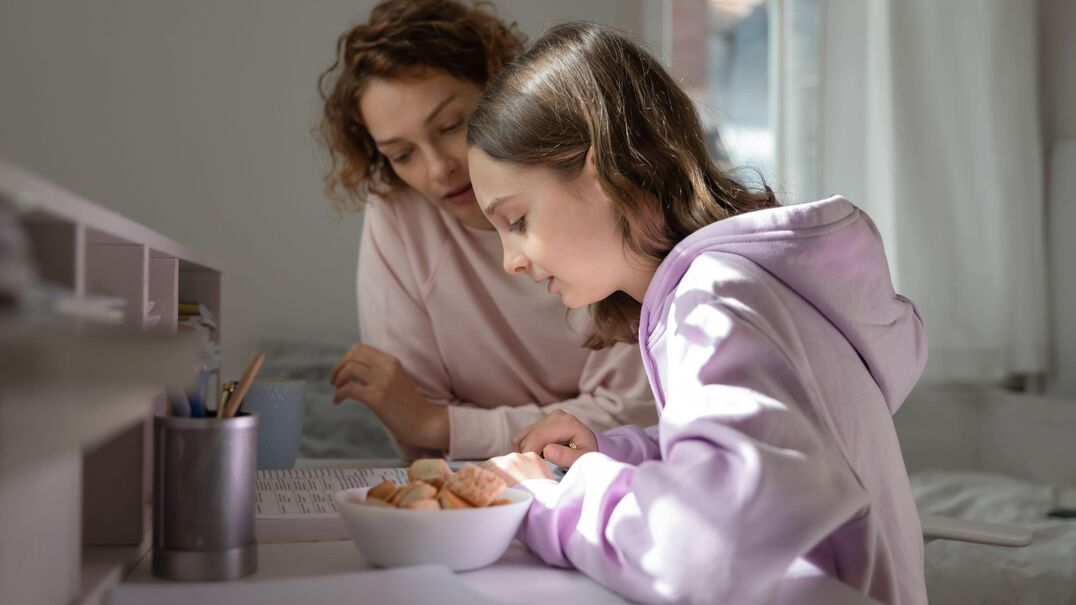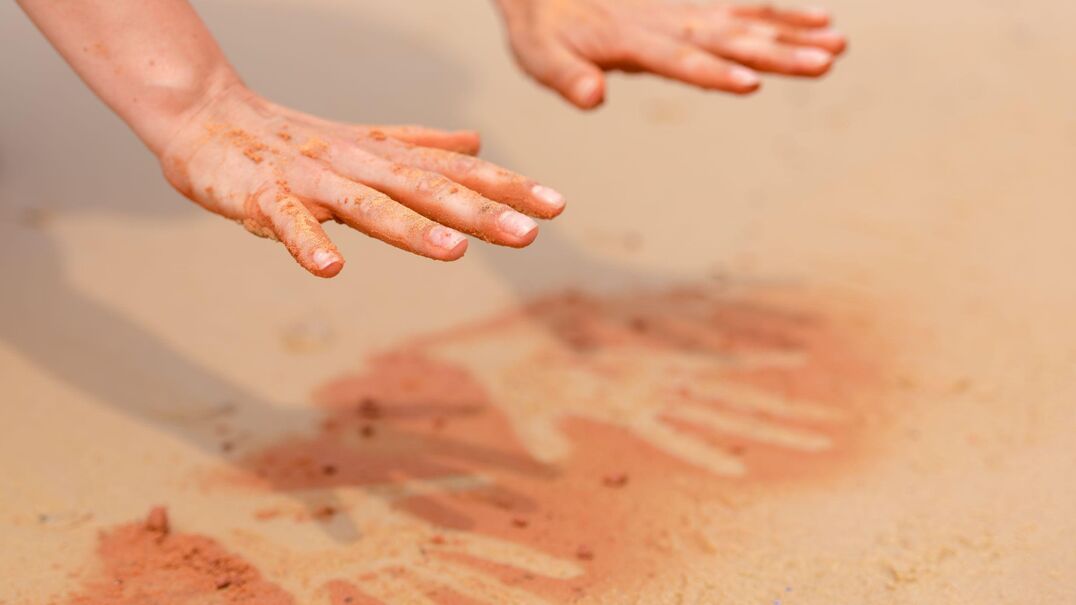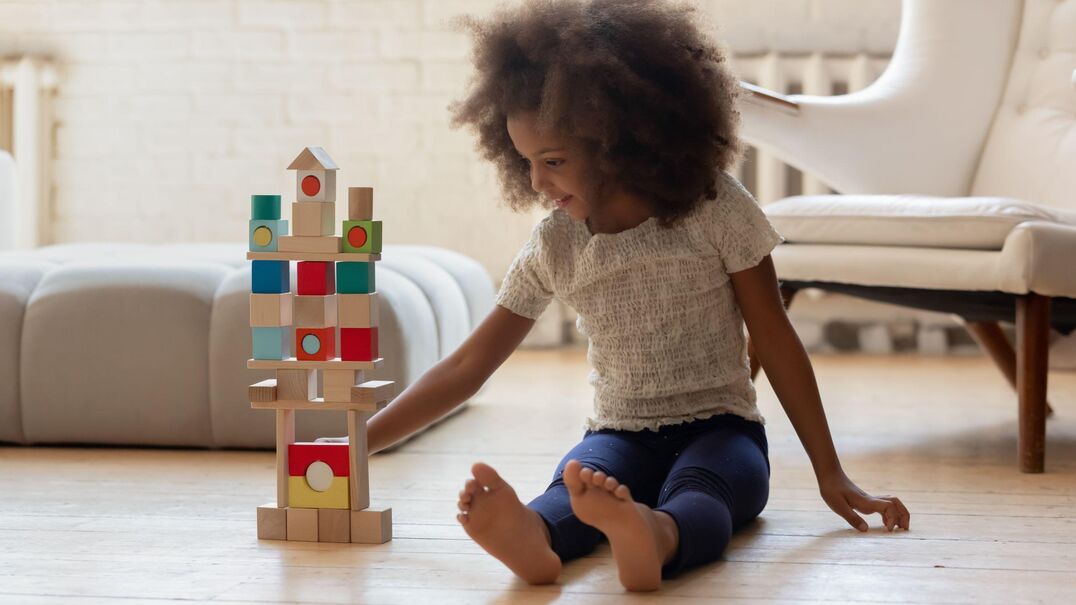Trigger warning: This article contains references to self-harm
Joel* was 15 years old when his parents felt they could no longer have him in their care. He was moved to a foster home where he started self-harming. After a few months, his foster carer also felt that they could no longer keep Joel safe, and he was referred to a Teaching Family Model home.
The Teaching Family Model (TFM) is an innovative, trauma-informed model of residential care for children and young people who’ve experienced significant or repeated trauma. When Joel first entered the TFM home he continued self-harming and was admitted to the hospital. He was not at school and was filling his days by seeing friends in the community.
Teaching Family Model team support Joel to settle into his new home
Berry Street’s team of highly trained TFM practitioners got to work by putting in place a structured routine for Joel, which included allocated time for:
- seeing his friends
- working alongside his TFM carers on schoolwork
- meeting with his school, mental health professionals and other supports.
Importantly, Joel was given the opportunity to have a say in his routine and he demonstrated great skills in negotiating with carers and accepting boundaries.
Through the Teaching Family Model, children and young people learn new behaviours by observing others and following their lead. TFM practitioners focus on building a young person’s strengths, problem-solving, interpersonal and leadership skills within the family-style environment.
Joel quickly mastered skills such as ‘following my daily routine’, ‘asking for help’ and ‘following instructions’. Joel also worked through complex problems with the carers like, what a healthy relationship looks like and what healthy coping strategies are.
Joel starts to process his experiences and begins to flourish
Joel’s self-harming stopped completely after only a short period of time in the TFM home. However, it was not all smooth sailing for Joel, as he continued to process the shame and loss he was experiencing from living away from his family home.
Joel began to flourish – he had gotten a new part-time job and was working several days a week, as well as spending more time with friends who were good role models.
Unfortunately, Joel’s parents decided that he would not be able to return to the family home. The TFM team provided wraparound support to Joel through this difficult time, helping him to manage any unhealthy coping mechanisms that crept back in.
With a focus on routine, consistency and self-determination, Joel bounced back and set a new goal to move to independent living.
As Joel continued to process his parent’s decision, he moved on to learning more complex skills, including ‘being a role model for my peers’ and ‘tolerating differences’.
To support his decision to live independently, the TFM team also focused on teaching him some of the skills he’d need to live alone, like how to cook healthy meals, clean his home and manage his money.
On track to achieve his goals and live independently
Joel has always wanted to finish Year 12 and is continuing to work on this goal. After 12 months away from the classroom, he restarted his education journey, all the while he continued working in his part-time job.
With the support of the TFM team, Joel is on track to achieve his goal to live independently and will move into semi-independent living later this year.
When Joel does leave his TFM home, he’ll continue to be supported by a leaving care program until he is 21, to ensure he has support in navigating this new stage of life.
Help provide trauma-informed care for young people, like Joel
With the right help and support, children and young people can recover from trauma and lead healthy, happy lives. Through innovative, trauma-informed services, like the Teaching Family Model, we can help create lasting change for children and young people.
Help us continue to provide trauma-informed care for children, young people and families who have experienced abuse, neglect and trauma. Donate today to support young people, like Joel, who are getting the specialist support they need to build the life they imagine for themselves.
*Name has been changed to protect the privacy of the young person in our care. The model pictured is not connected to the case study.



